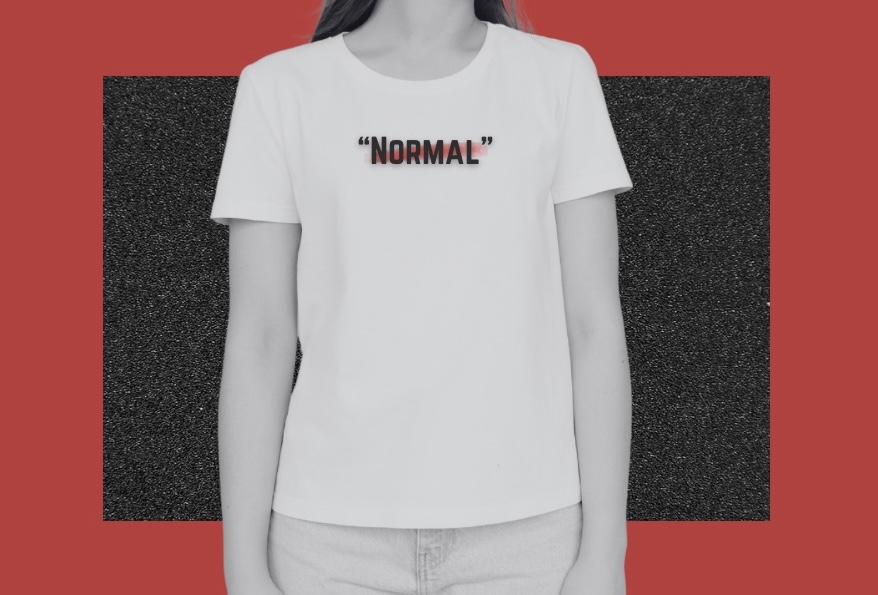The unfortunate reality is that it’s common to know multiple friends, classmates and family members who are struggling in some way or another.
Too often has someone I’ve loved become addicted to a substance, dealt with debilitating physical or mental illnesses or debated whether they could afford lunch.
I’ve cried passing homeless people sleeping under highways, seeing loved ones overworked and unrespected and simply getting ready for school. I recall periods when I felt chronic sadness, helplessness and anxiety — when I felt as if doom was in the wind.
However, I’ve shrugged a lot of these feelings off, ignoring the underlying problem. I’ve told myself it’s normal to feel this way because everyone does.
Perhaps this is why I’ve come to the realization that the biggest stressors of the modern world, while common, certainly aren’t “normal” and shouldn’t be considered as such.
When people see negative things repeatedly enough, such as violence and hate, they become desensitized. The negativity fades into the background of our lives, and we understand it as “normal.”
But the truth: this isn’t “normal.”
During the Victorian era, the idea that humans fall along a curve, or normal distribution, was born into the world of psychology. This “normal” was best defined as a perfect average or ideal. While it’s uncommon for psychologists today to follow this way of thought, people consciously or not, still do. It can lead to low self-esteem, unachievable expectations and close-mindedness.
When comparing ourselves to this perfect average, we start to see everything through a cloudy, self-loathing lens.
When we start associating an activity with ultimate productivity, we confuse our exhaustion from a job we find little fulfillment in as laziness. We blame ourselves for the warning our body is trying to send us, rather than recognizing the true underlying cause.
Looking at the bigger picture, this desensitization causes people to overlook the aspects of society that affect us the most.
With our advanced, modern medical world, we shouldn’t be seeing chronic diseases, mental health crises and health conditions rapidly rise, but we are.
Teenagers shouldn’t feel alienated due to the way their home towns are built or fear of being “weird.” People shouldn’t be endlessly consuming the next trend out of a fear of falling behind, and no one should be waking up dreading their everyday lives and routines.
We need to come together and abandon this idea of normality that consumes society, because in the end, there is no such thing. In order to do this, we must become more empathetic, sensitive, and aware of how the systems before us interact and move beyond a world of nonexistent normality.










